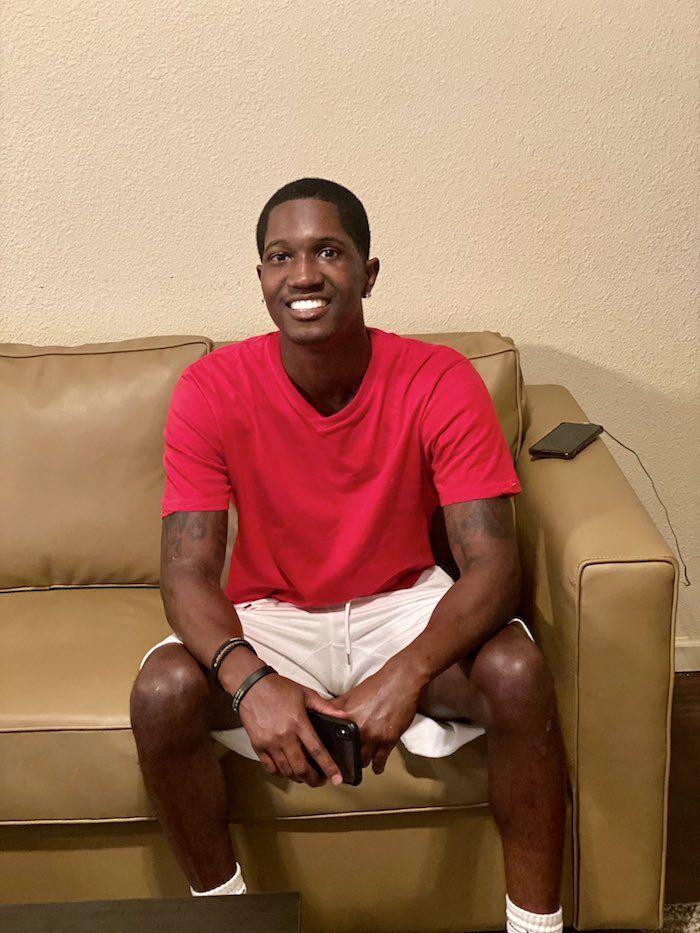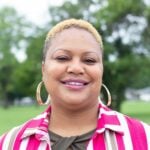With all that African Americans have endured in this country mental health shouldn’t be a taboo topic. Yet, it is.
That’s changing, though. We’re learning to be honest about mental health. With that honesty comes more people publicly discussing their mental health struggles. In doing so, we’re learning it’s OK to share your struggles because other people are having those same struggles. We’re learning that by sharing, we’re helping each other. We’re learning there’s nothing to be embarrassed or ashamed about.

We’re also learning to recognize signs of mental distress. It was once OK to laugh about people suffering from mental illness. Now, the people doing the laughing are being publicly shamed. We’re learning to take mental health seriously because the consequences could be fatal.
NATIONAL SUICIDE PREVENTION LIFELINE: 1-800-273-8255 or chat online
I haven’t heard people using the derogatory term “psycho babble” in a long time. That tells me we’re realizing depression, anxiety, bipolar disorder, etc. are real and valid. Those aren’t just buzz words. We don’t just dismiss people’s symptoms and concerns.
We still have a long way to go, but we’re making progress.
African Americans have gone from thinking only white people had the luxury to think about mental health to understanding we all need to pay attention to what’s going on inside our heads. We now know that what happens in our heads manifests outwardly.
It stands to reason that if you can be physically ill then your mind can also feel unwell. It’s harder to understand because we can’t see it. You look fine on the outside, but that doesn’t mean you’re not in turmoil and pain inside.
Years ago I came to the conclusion that mental health is just as important — if not more important — than physical health. Our minds can will us to do things that were once thought impossible. A healthy mind is vital to physical and emotional health.
This week the Recorder is focused on mental health. We want to be a part of removing the stigma attached to mental illness and be a resource for our community to know how to access the resources they need.
I had the idea for this article package last year. We actually planned to do it months ago, but COVID-19 and the protests for Black lives pushed our plans back. It’s no secret that 2020 has been one hell of a year for African Americans. Not only are we dealing with a pandemic that has wreaked havoc on our community, but we still have to contend with the continual murders of unarmed African Americans at the hands of the police. (Not to mention the murders of each other.) In addition, social distancing has left many feeling isolated and lonely while others experience anxiety about their physical health.
All of this trauma is on top of the issues we’ve already been dealing with for far too long. It’s enough to mentally exhaust anyone.
And the convergence of all of these issues and more has mental health top of mind for many people. I keep trying to find the positives in all that this year has brought us, and having more conversations about mental health is one. I’ve never seen so many people so willing to admit their struggles or seeking to help others prioritize their mental health.
I’m no expert, but I am more intentional in paying attention to not only my mental health but the mental health of loved ones. People often say they suffered in silence. They shouldn’t have to.







